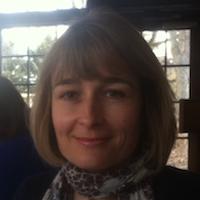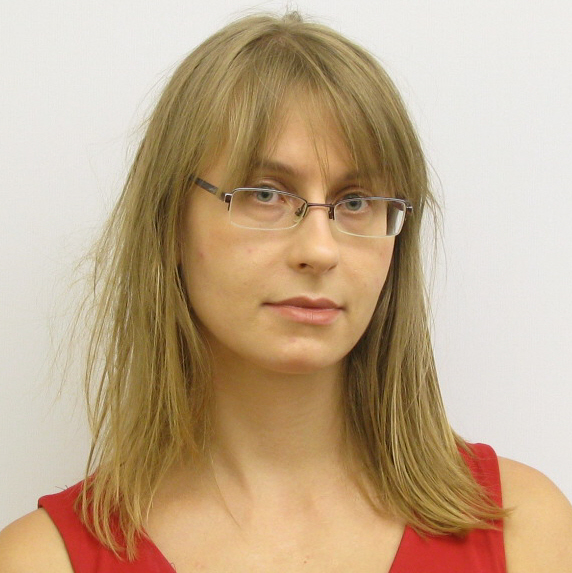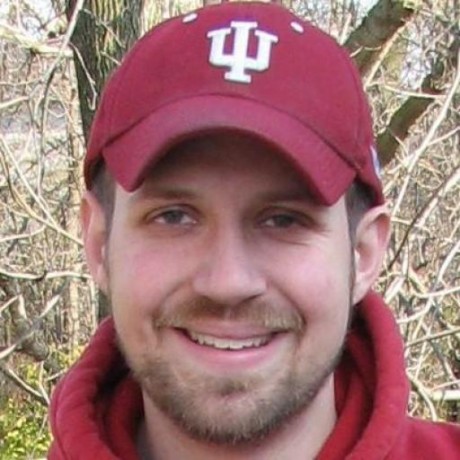Typelevel Summit Philadelphia
on April 1, 2019 at Science History Institute, Philadelphia

About the Summit
The seventh Typelevel Summit will once again be co-located with the Northeast Scala Symposium in Philadelphia, with one day of recorded talks and one day of unconference. The schedule for this year is as follows:
- April 1st: Typelevel Summit
- April 2nd: Northeast Scala Symposium
- April 3rd: Unconference
Speakers and Schedule
| Time | Talk |
|---|---|
| 8:15 |
Registration & Breakfast sponsored by Coatue |
| 8:55 |
Opening Remarks |
| 9:00 |
Keynote: Shared Session Types for Safe, Practical Concurrency
Message-passing concurrency abstracts over the details of how programs are compiled to machine instructions and has been adopted by various practical languages, such as Erlang, Go, and Rust. For example, Mozilla's Servo, a next-generation browser ... More |
| 9:55 |
Break |
| 10:10 |
Systematic Software with Scala
Scala is a very flexible language, and this flexibility can make it difficult to know how to effectively design Scala code. In the nearly ten years I've been using Scala, my approach to using the language has coalesced around a ten or so strategie... More |
| 10:45 |
Journey to an FP Test Harness
The hardest part of the pure-FP journey for many people is taking that first real step. Even after you’ve read all the books and done all the exercises, you need to start committing real code to truly grok the FP mindset. This little case study w... More |
| 11:20 |
Break |
| 11:35 |
The Monoiad: an epic poem on monoids
Monoids provide a vast landscape of concepts that we rely on in FP. Applicatives, monads, categories – all of them are monoids, as is much else. The epic takes us on a journey with this fundamental structure. We’ll move between everyday Scala, som... More |
| 12:10 |
Lunch sponsored by Simple |
| 13:45 |
Keynote: Higher Inductive Types in Homotopy Type Theory
Homotopy type theory is a new field of mathematics based on the recently-discovered correspondence between constructive type theory and abstract homotopy theory. Higher inductive types, which form a crucial part of this new system, generalize ordi... More |
| 14:40 |
Break |
| 14:55 |
Telling the Truth with Types
There are many problems one faces when building effective solutions. Outlining proper behavior, such that desired outcomes are achieved. Simplifying the problem space, such that solutions are extensible and maintainable. Interfacing with e... More |
| 15:30 |
Composable concurrency with Ref + Deferred
fs2 offers a very powerful and composable set of concurrent combinators and data structures, which are all built out of two deceptively simple primitives: Ref and Deferred. This talk will explain what they are, the design principles behind them, ... More |
| 16:05 |
Break |
| 16:20 |
Extending your HTTP library with monad transformers
A tour of monad transformers and how stacking various effects onto IO can extend our HTTP library in new and interesting ways. We’ll review OptionT from last year’s talk, derive something akka-http like with EitherT, and demonstrating tracing with... More |
| 16:55 |
Portable, type-fancy multidimensional arrays
Zarr is a multidimensional-array container format that's gaining momentum in several scientific domains. It hails from the Python world, and primarily caters to numpy- and xarray-wielding scientists. It shines as a more remote- and parallel-proces... More |
| 17:30 |
Closing |
Venue
The Science History Institute collects and shares the stories of innovators and of discoveries that shape our lives, preserving and interpreting the history of chemistry, chemical engineering, and the life sciences. Headquartered in Philadelphia, with offices in California and Europe, the Institute houses an archive and a library for historians and researchers, a fellowship program for visiting scholars from around the globe, a community of researchers who examine historical and contemporary issues, an acclaimed museum that is free and open to the public, and a state-of-the-art conference center.
Code of Conduct
The Code of Conduct & reporting of incidents are handled together with the team of the Northeast Scala Symposium. You can find details on their website. In short: there is a Slack team where you can report incidents to the organizers, to which every ticket holder should have received an invitation. It is possible to file anonymous reports. The list of organizers can be found here.
Sponsors
We’d like to thank all our sponsors who help to make the Summit happen:














